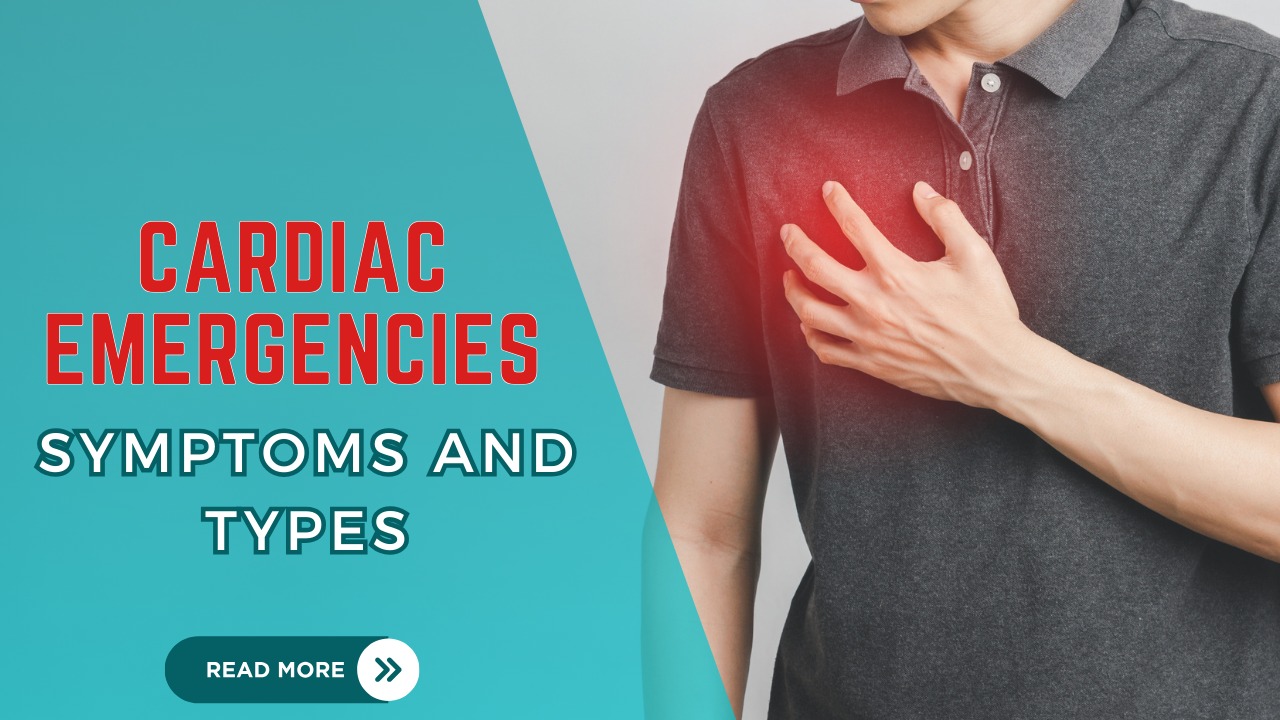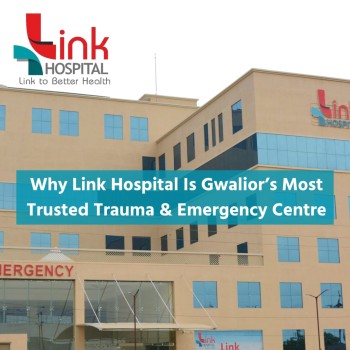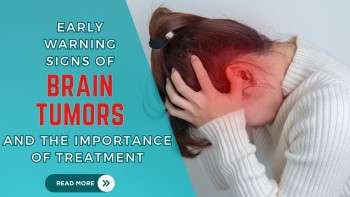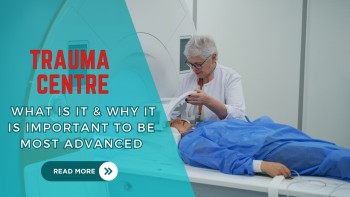Cardiac emergencies are life-threatening
conditions that require immediate medical attention. With the increasing
incidence of heart diseases globally, it is essential to understand the
different types of cardiac emergencies, their symptoms, and how timely medical
intervention can save lives. In this blog, we will explore the common types of
cardiac emergencies and their symptoms. Additionally, we will highlight the
state-of-the-art cardiac care facilities at Link Hospital, Gwalior, known for its excellence in handling
heart-related emergencies.
What
is a Cardiac Emergency?
A cardiac emergency occurs when the heart
fails to function properly, disrupting the blood flow to vital organs like the
brain, kidneys, and liver. These emergencies can lead to sudden death if not
treated immediately. Recognizing the early symptoms and seeking prompt medical
care is crucial.
Types of Cardiac Emergencies
1. Heart Attack
(Myocardial Infarction)
A heart attack happens when the blood
supply to a part of the heart is blocked, usually by a blood clot. The affected
part of the heart muscle begins to die without an adequate blood supply.
Symptoms:
●
Intense chest pain or discomfort
that may spread to the arms, neck, jaw, or back
●
Shortness of breath
●
Nausea, vomiting
●
Cold sweat
●
Dizziness or lightheadedness
Immediate Action: If any of these symptoms occur, seek medical help immediately. The first few hours after a heart attack are crucial for treatment.
2. Cardiac Arrest
Cardiac arrest is a sudden loss of heart
function when the heart’s electrical system malfunctions. It is often confused
with a heart attack, but they are different conditions. Cardiac arrest is more
fatal if not treated within minutes.
Symptoms:
●
Sudden collapse
●
No pulse or heartbeat
●
Unconsciousness
●
No breathing or shallow breathing
Immediate
Action: Call emergency services right away and start
CPR (Cardiopulmonary Resuscitation) until professional help arrives. Automated
External Defibrillators (AEDs) can also restart the heart.
3. Arrhythmia
Arrhythmia refers to an irregular
heartbeat—either too fast, too slow, or erratic. While not all arrhythmias are
emergencies, certain types like ventricular fibrillation or ventricular
tachycardia can lead to cardiac arrest.
Symptoms:
●
Fluttering in the chest
●
Rapid or slow heartbeat
●
Chest pain or discomfort
●
Dizziness or fainting
●
Shortness of breath
Immediate
Action: Arrhythmias require medical evaluation,
especially if accompanied by chest pain or fainting. Seek emergency care
immediately.
4. Angina
Angina is chest pain caused by reduced
blood flow to the heart muscles. It is not a heart attack but can be a warning
sign of a future heart attack.
Symptoms:
●
Pressure, squeezing, or burning
sensation in the chest
●
Pain radiating to the neck, jaw,
shoulders, or arms
●
Fatigue, nausea
●
Shortness of breath
Immediate
Action: If the chest pain lasts more than a few
minutes or is recurrent, emergency care is necessary.
5. Aortic Dissection
An aortic dissection is a rare but
life-threatening condition where the inner layer of the aorta tears, allowing
blood to flow between the layers, causing the aorta to rupture.
Symptoms:
●
Sudden, severe chest or upper back
pain
●
Pain that radiates to the neck or
jaw
●
Loss of consciousness
●
Difficulty breathing
Immediate
Action: An aortic dissection requires immediate
surgical intervention. Time is critical in preventing fatal outcomes.
Recognising Early Symptoms of
a Cardiac Emergency
It's important to be aware of the early signs of cardiac emergencies, which may sometimes be subtle. Symptoms such as chest discomfort, shortness of breath, dizziness, and fatigue should never be ignored.
Emergency Treatment and Care
at Link Hospital, Gwalior
Link
Hospital, Gwalior, offers specialized and advanced
cardiac care for all types of cardiac emergencies. The hospital is equipped
with modern diagnostic and treatment facilities, including:
●
24/7 Emergency Care: Round-the-clock emergency
services with a dedicated team of cardiologists and medical professionals.
●
Advanced Cardiac Catheterization Lab:
Immediate interventions such as angioplasty and stent placements for heart
attack patients.
●
Intensive Cardiac Care Unit (ICCU):
Specialized care for critically ill cardiac patients.
●
Post-Operative Care: Comprehensive
rehabilitation and monitoring services for patients after surgeries or
procedures.
●
Preventive Cardiology Services: Counseling and
lifestyle interventions to prevent future cardiac events.
The highly experienced cardiologists at Link Hospital provide patient-centric
care, ensuring the best outcomes for cardiac emergencies.
Conclusion
Cardiac emergencies are unpredictable and
can have devastating consequences if not treated swiftly. Understanding the
symptoms and types of cardiac emergencies can help you respond quickly in times
of crisis. For residents of Gwalior, Link
Hospital offers the best-in-class cardiac emergency services committed to
saving lives and ensuring excellent heart care.
If
you or someone you know experiences any signs of a cardiac emergency, don’t
hesitate—visit Link Hospital in Gwalior for prompt, life-saving treatment.








